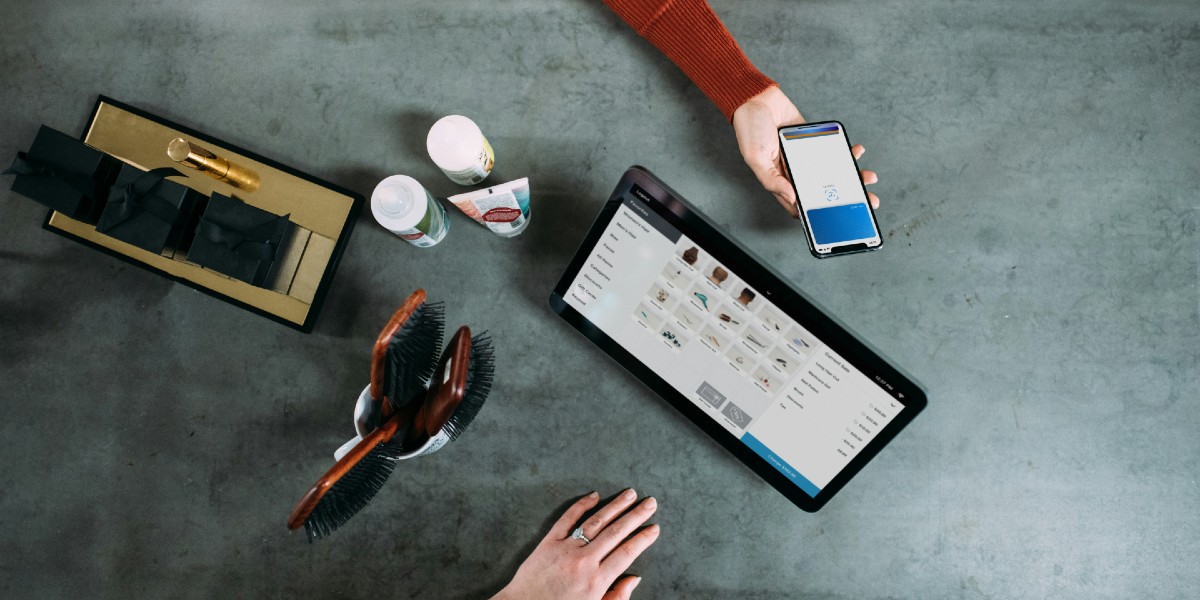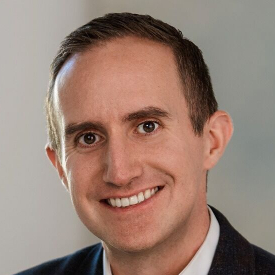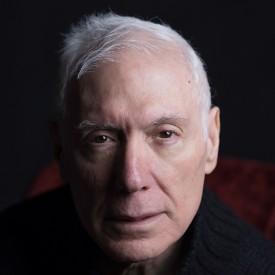Below, Morgan Housel shares five key insights from his new book, The Art of Spending Money: Simple Choices for a Richer Life.
Morgan is a partner at The Collaborative Fund and the bestselling author of Same As Ever: A Guide to What Never Changes and The Psychology of Money, which has sold over four million copies and has been translated into 53 languages. He is a two-time winner of the Best in Business Award from the Society of American Business Editors and Writers, winner of the New York Times Sidney Award, and a two-time finalist for the Gerald Loeb Award for Distinguished Business and Financial Journalism.
What’s the big idea?
Money can enhance your life, but it doesn’t create lasting happiness. Genuine contentment comes from meaningful relationships, a sense of purpose, and the ability to appreciate what you already have.

1. There are two ways to use money.
One way to use money is as a tool to live a better life. The other way is as a yardstick of status to measure yourself against others. Many people aspire for the former but spend their lives chasing the latter.
Buzz Aldrin became one of the most famous humans on the planet when, on July 20th, 1969, he walked on the moon. It was an astounding feat, but Buzz was the second human to walk on the moon, placing his foot on the lunar surface minutes after Neil Armstrong. The limit this placed on his own fame made Buzz a little cranky. Fellow astronaut Michael Collins once explained, “I think Buzz resents not being the first person on the moon more than he appreciates being the second.” Jealousy is such a powerful thing.
It’s difficult to appreciate what you have and what you’ve accomplished because, beyond a basic level of necessities, what you often want is to place yourself in a higher ring of the social hierarchy. Everything you’ve accomplished is relative to other people. And you often crave most whatever somebody else has, but you don’t.
This is so important for spending money because for so many people, the question is not so much about whether the things you buy are nice, but rather, Are these things nicer than other people’s things? The question of whether your home is big enough is actually, Is my house bigger than my neighbor’s? It’s understandable, and I think unavoidable. A lot of life is a competition for resources—money, time, mates, attention, friends—where what matters most is not necessarily how good you are, but how good you are relative to other people.
“It’s a continuous chain of social envy.”
Being jealous of what others have, and assuming that your life would be better if you were like them, is misleading because you don’t have a full picture of their lives. If I want what you have, I overlook that you want what someone else has, and therefore you feel exactly like I do. It’s a continuous chain of social envy. Once you realize how never-ending the status and jealousy game can be, you realize that the only way to win is to stop playing.
2. Money is a tool that you can use, but it can also use you.
Money can use you without mercy if you’re not careful. For many people, money is a financial asset, but a psychological liability. Blind lust for more can hijack your identity, control your personality, and wedge out the parts of your life that bring greater happiness.
More money is like gasoline during a road trip, says the author Tim O’Reilly. “You don’t wanna run out of gas on your trip, but you’re not doing a tour of gas stations either.” One of the most common ways that money stops being a tool and becomes a master is when your financial goals and beliefs become part of your identity.
Everybody’s different, but my identity is dad, husband, son, and friend. That’s what’s truly important to me and what I base my life around. If I can use money to enhance those things, that’s great, but never do I want money to be one of those things. Harvey Firestone, who was then one of the richest men in America, wrote in his 1926 biography about how often he missed the simple life that he had lived before becoming wealthy. He wrote, “I paid $25 a month for a little house. Our grocery bill hardly averaged $5 per week. Sometimes it seems that it might be better to go back to those simpler days. That one might get more out of a less complex life, but it cannot be done…There is no going back except as a broken man.” What an admission. What an example of what happens when your relationship with money becomes an ingrained part of identity.
3. Spending money can buy happiness, but it’s often an indirect path.
Money itself doesn’t buy happiness, but it can help you find independence and purpose, which are both key ingredients for a happier life. A big, nice house might make you happy, but mostly because it makes it easier to have friends and family over. The friends and family are what actually make you happy.
“The most mundane things can feel incredible when they contrast to what you’re used to.”
Mike May suffered a horrific accident when he was a baby that left him completely blind. A miraculous surgery restored his vision at age 46. As May left the doctor’s office after his successful surgery, he walked through the lobby and stopped to marvel at the standard, drab doctor’s office carpet. “Look at those shapes. Look at those colors.” He told his wife it’s the most beautiful thing his mind could have ever imagined. As he looked around the lobby, he saw other patients waiting for their appointments and couldn’t fathom why none of them were freaking out about the carpet.
As he moved through the office, he did the same thing with wall paintings, exit signs, and the look of writing on paper. His biographer, Robert Kurson, wrote, “It was all so beautiful and so overwhelming to him because he had never seen anything like it before. May was getting probably 10,000 times more pleasure and awe by looking at an office carpet than you and I would get from viewing the most perfect radiant sunset.”
The most mundane things can feel incredible when they contrast to what you’re used to. Everyone strives for a good life because they think it will make them happy, but what actually brings happiness is a contrast between what you have now and whatever you were just experiencing.
4. Enduring happiness is finding contentment.
Those who are happy with money tend to be people who have found a way to stop thinking about it. You can value it, appreciate it, or even marvel at it. But if money never leaves your mind, then it’s likely that you are in an obsession where it controls you. The best use of money is as a tool to leverage who you are, but never to define who you are.
One of the most powerful money tales is the parable of the Mexican fisherman. An American businessman visits Mexico, and he meets a local fisherman. The American is shocked to learn that the fisherman only works a few hours per day. “What do you do with the rest of your time?” the American asks. “I sleep late, hang out with my family, read, take naps, and play guitar with my friends.” the fisherman says. The American responds, “You’re doing it all wrong. You should work all day. Borrow money and buy another boat. Hire more fishermen to work with you. You could make so much money that you’d be retired in 10 years.” But the fisherman asks, “What would I do in retirement?” To which the American tells him that he could sleep late, hang out with family, read, take naps, and play guitar with friends. In other words, the exact life the Mexican fisherman was already living.
5. There is no universal formula for spending money in a way that supports happiness.
The nice stuff that makes me happy might seem crazy to you, and vice versa. Lifestyle debates are often just people with different personalities talking over each other. Author Luke Burgess says that after meeting our basic needs as creatures, we enter the human universe of desire. Knowing what to want is much harder than knowing what to need.
“The core ingredients that truly make people happy are things like friends, family, health, meaning, and a clear conscience.”
If you’re already an unhappy person, it is unlikely that more money will fix your problems. Matthew Killingsworth, Senior Fellow at the Wharton School of the University of Pennsylvania, settled decades of debate in academic circles about the relationship between money and happiness. Some studies had shown that there’s a clear correlation between the two, while other studies did not. When Matthew drilled down into the data, people who were already rated as having low emotional well-being saw no improvement when their incomes rose above a hundred thousand dollars per year. For the middle group of emotional well-being, happiness tended to improve with extra income.
“For people who were already happy, making more money was like a happiness accelerant. If you’re already rich and miserable, money won’t help.” Killingsworth wrote. So many factors go into happiness that having more money can be a drop in the bucket. A tsunami of other things creates an unhappy life. The core ingredients that truly make people happy are things like friends, family, health, meaning, and a clear conscience. Those cannot be purchased, only earned.
Enjoy our full library of Book Bites—read by the authors!—in the Next Big Idea App:
































